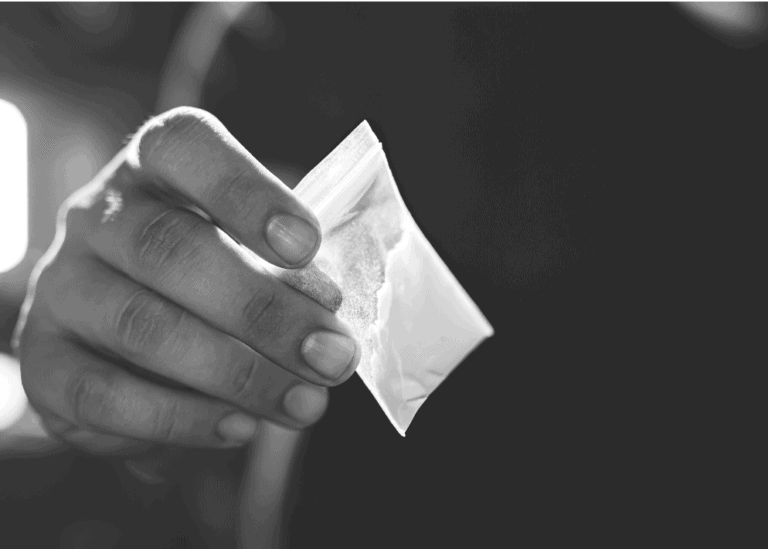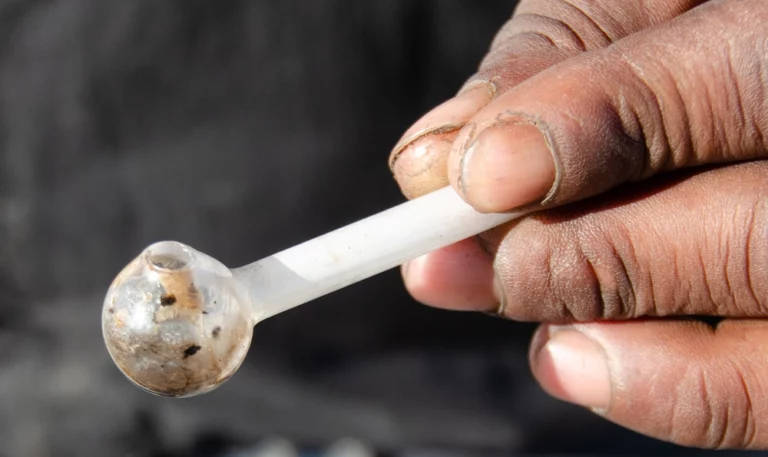Addiction can be hard to overcome, especially to harder substances like methamphetamines. However, there are a vast array of options available to addicts when it comes to treatment, including music therapy.
Meth is a highly addictive stimulant that is often very difficult to quit without outside help and support. By engaging in therapy of all different types and working with a supportive staff in a rehab or treatment facility, patients can achieve sobriety. But what is music therapy, and how can it benefit those with a meth addiction?
What is Music Therapy?
Music therapy has been used for decades because of its calming effects and ability to engage patients. Music has a way of making people happy, and this can carry over successfully into a therapeutic experience. Music therapy is an alternative form of treatment that uses music to help patients manage their emotional, physical, and cognitive problems.
Music can cause one’s neurotransmitters to awaken, producing dopamine. Drugs have a similar effect on the brain, so replacing this effect with music can reduce withdrawal symptoms and lessen anxiety.
How Music Therapy Can Help Meth Addicts
Like all types of therapy, music therapy doesn’t work for everyone. However, it’s worth a shot, as it is known to have a host of different types of benefits for those going through addiction. Whether they’re in recovery, detoxing, or still addicted, music therapy can be used as a tool to help them through.
Reduces Mental Health Issues
Addiction doesn’t often occur on its own. Addiction usually occurs alongside mental health disorders, like anxiety and depression. The use of music therapy can help to reduce the side effects of mental health disorders as well as substance abuse disorders. Music often makes people feel more comfortable speaking freely, therefore being more willing to communicate their feelings with their therapist. By speaking more freely, patients may be able to figure out how to cope easier.
Can Promote Self-Awareness and Self-Expression
Whether they’re creating or listening to music or dancing, music therapy can help people express themselves. Sometimes self-expression is something that addicts are missing in their life. They may not feel like they have the ability to do things for themselves or do things that they enjoy. Giving them a safe space to do so allows them to open up more and even get excited about their music therapy sessions. By giving them something to look forward to, they may be less likely to think about using meth.
Provides a Good Distraction
In the same vein, participating in music therapy (which can involve singing and dancing) helps to take addicts’ minds off of the substance they use. By providing them with a distraction, they’re less likely to think about using drugs.
When they leave therapy or treatment, when they feel bored or restless, they may find that they turn to music instead of drugs. Building this foundation makes it easier to find other ways to occupy the mind and body that don’t involve drug or alcohol use.
Encourages an Optimistic Outlook
Music therapy is also great at encouraging optimism. Because patients have fun during their sessions, they may look forward to more sessions in the future. In general, having something to look forward to can help keep addicts from using. When people are optimistic, they’re much more likely to stay sober. Being pessimistic often leads to relapse and continued drug use.
Find a Center That Offers Music Therapy
Not all treatment centers offer music therapy to their patients, so if you’re looking to use this alternative treatment type to treat your meth addiction, give us a call. At Knoxville Recovery Center we offer various types of therapy, including music therapy. We’re ready to help you on your road to recovery. Call us today to learn more and discuss your options.










